What Causes Dishwashers to Clog
Dishwashers are incredibly convenient appliances that most people take for granted. That’s why it can be a source of distress when a dishwasher stops working.
Clogs are the usual reason for a dishwasher malfunction. Due to accumulated food or paper particles, the appliance may perform poorly or stop working altogether.
The most common causes clogs
Dishwashers clog for a variety of reasons, and can involve different parts within the appliance. Parts responsible for clogging are the filter basket, the drain hose, garbage disposal, drains in the home, and sewer lines.
The filter basket is fitted in the drain and prevents food scraps from reaching the pipes. It requires regular cleaning to remove the food particles and deposits from hard water that sometimes accumulate. If the basket has hard water deposits that won’t easily shake loose, the problem can be easily remedied by soaking the filter basket in vinegar.
Drain hoses can accumulate sludge over time, which leads backups. Thoroughly cleaning the drain hose will resolve the problem. If you feel that you have clogged hoses, contact your plumber or appliance professional.
If a new garbage disposal has been installed recently, a simple detail could be causing the clog. Most garbage disposals have a knockout plug that needs to be removed. This should resolve the clogging. However, if the disposal unit is older, it might be damaged or malfunctioning.
A clogged drain can prevent the dishwasher from draining properly. In this case, the problem isn’t with the appliance. If several drains in a household are clogged, it could indicate an issue with the sewer line. Clogged or broken sewer lines can affect every drain in a home. With this kind of problem, the only solution is to contact a professional to assess the situation.
How to detect dishwasher clogging
There are different signs of a clogged dishwasher, ranging from noise to poor cleaning performance.
A gurgling or thumping noise while the machine is working could come from the sewer line as water tries to push through the clog.
Since the dishwasher is connected to the kitchen sink drainage, a clog can cause water to back up into the sink. This issue could be caused by a faulty garbage disposal, which can easily be tested by running it while the dishwasher isn’t on.
Water pooling in the sink or at the bottom of the dishwasher could indicate slow draining due to a clog.
Finally, if the dishes are coming out of the appliance dirty, the dishwasher might not be filling with water. In that case, the clog is likely in the sewer line.
When to contact your plumber or appliance specialist
The inconvenience of a clogged dishwasher is easy to remedy if the problem’s on a surface level. For more complicated situations, it’s always advisable to use a professional service.
Freedom Appliance of Tampa Bay has 13 years experience in providing professional refrigerator and freezer repair, dishwasher repair, microwave repair, oven, stove, and range repair, washing machine and dryer repair, and other small appliances repair. We also specialize in kitchen and laundry appliance installation and dryer duct cleaning. .Call 813-302-7672 today!

